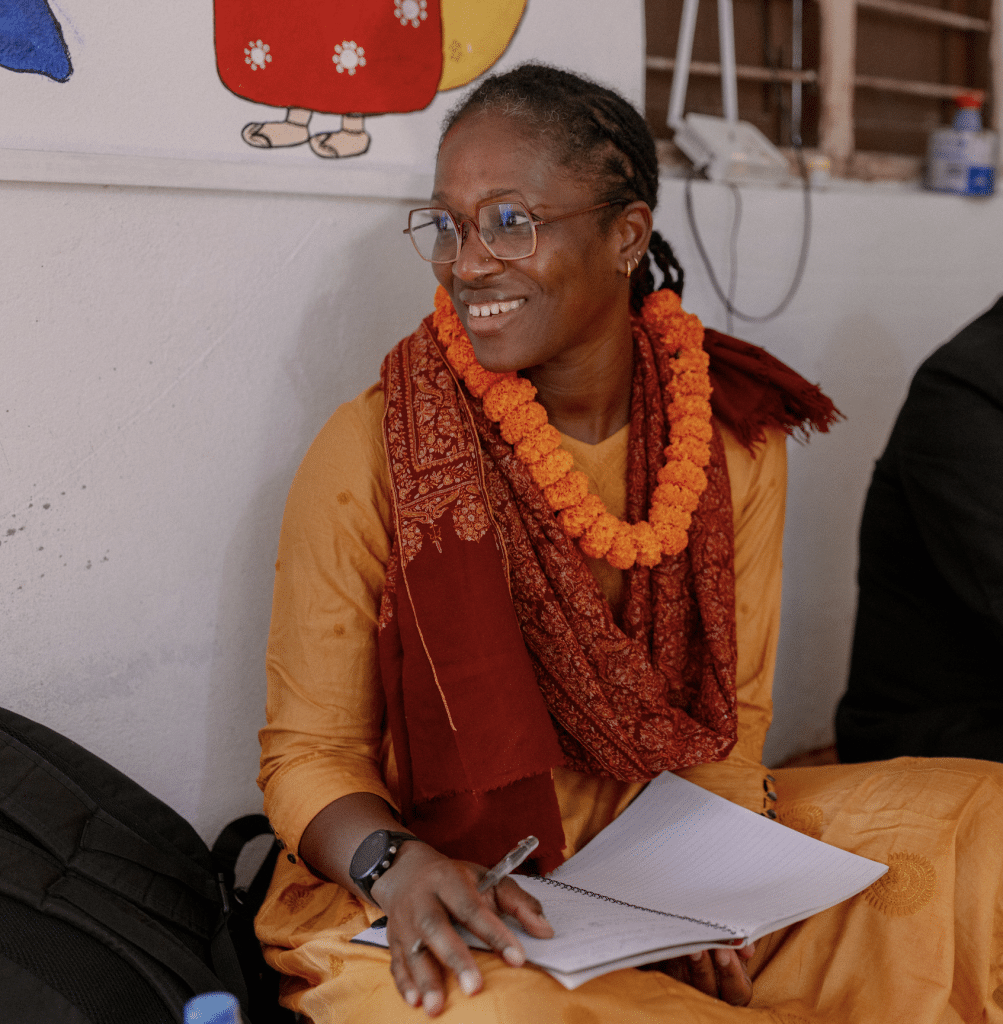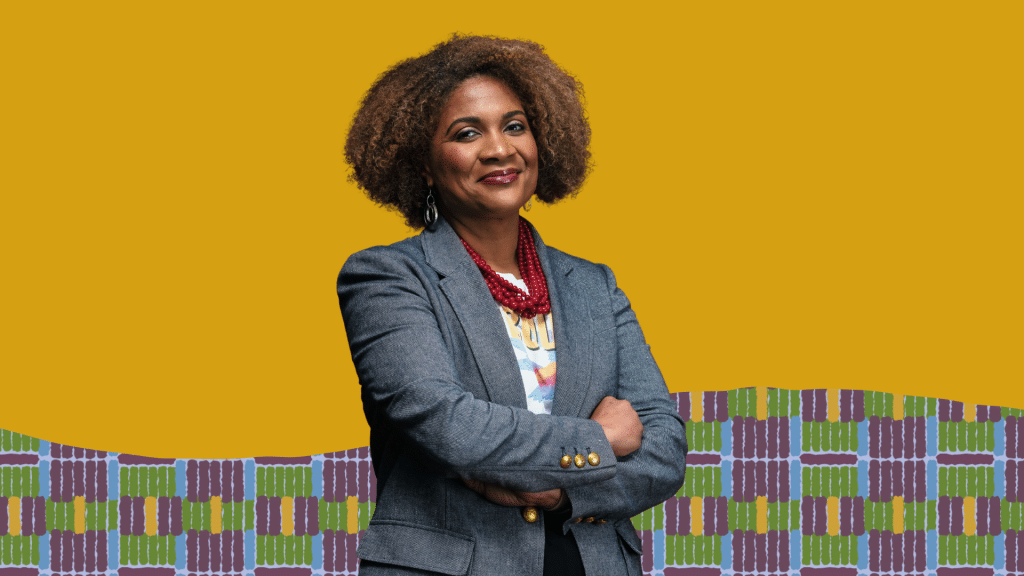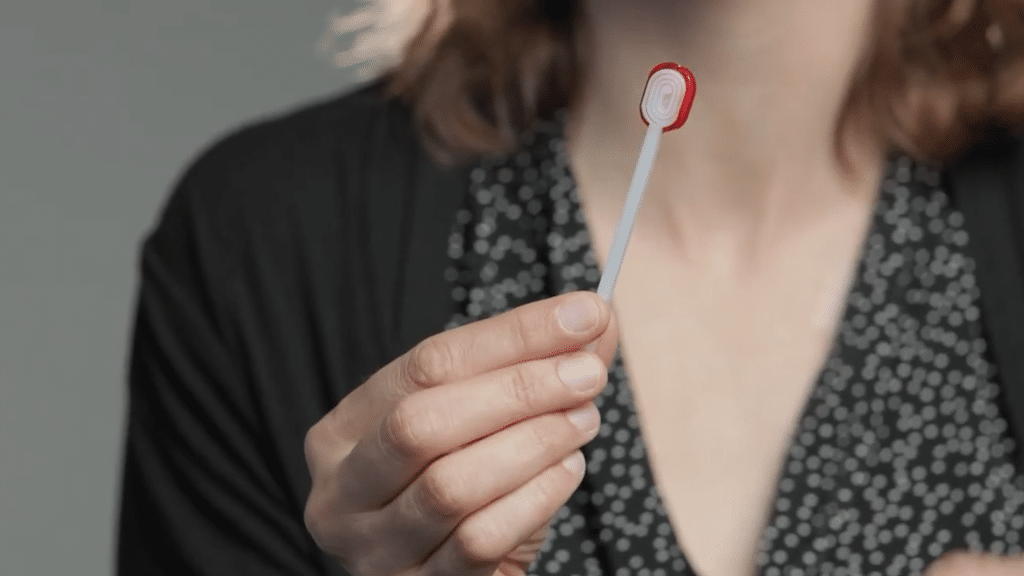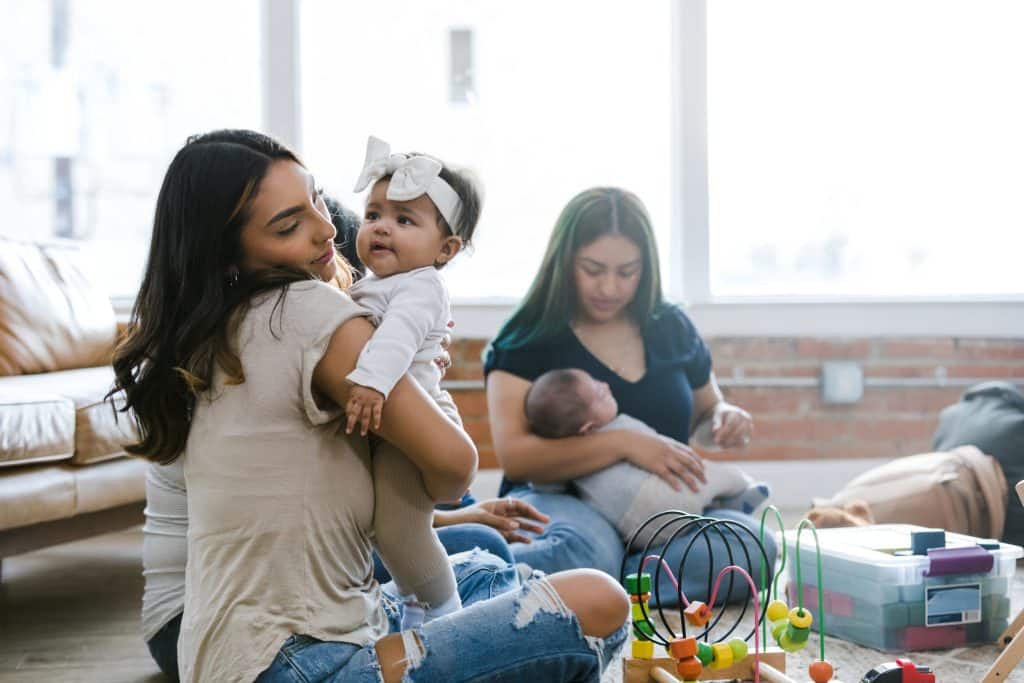Growing up in Côte d’Ivoire, Fanta Touré remembers feeling troubled by the inequality she saw in her community. She was able to go to school and questioned why other girls her age could not.
Fanta’s upbringing and passion for equality drove her to create substantive change in communities like the one she grew up in. Today, Fanta serves as director of Girls First Fund, a donor collaborative resourcing work to end child marriage and early unions. The Fund supports work promoting girls’ leadership and decision-making abilities and provides flexible multi-year funding and other support to community-based organizations.
Child marriage is a cultural practice in Fanta’s home community and many countries around the world. Each year, about 12 million girls are married before the age of 18. Child marriage limits these girls’ access to education and puts them at greater risk of health issues and living in poverty. Child brides are also more likely to experience domestic violence and restricted decision-making ability within their household and their communities.
Fanta considers ending child marriage to be linked directly with advancing gender equity.
“Ultimately, girls get married early because they are not valued the way boys or men are,” said Fanta. “So, I don’t see child marriage as being distinct from poverty or other social development issues. It’s an entry point to tackling the root causes of the practice.”
Fanta draws on a combination of experience in humanitarian relief working at the grassroots level early in her career and in international finance in the human development department at the World Bank. Through the lens of these different vantage points, she found that she could serve as a connecting voice.
“I realized the power that I had as someone who had access to the west but also spoke the language that activists at the community level were speaking,” said Fanta. “I felt that my contribution could be to act as sort of a hyphen between these two worlds and make sure that there was always dignity in the way that community-based organizations are being treated.”

The work of the Girls First Fund is guided by this commitment to support community-based organizations to strengthen their capacities and lead gender-transformative work in their communities. That means working at what Fanta calls the “girl level” and asking the individual girls themselves what they need.
“When we started doing the work, we asked the girls, ‘What do we have to do to be successful in supporting you?’ and they said you have to engage the girl, but you also have to engage our moms,” said Fanta.
Engaging families, religious leaders, and people across a community is key to challenging perceptions and beliefs around child marriage. These beliefs held within patriarchal societies can become limiting beliefs that girls hold about themselves. This is why Girls First Fund supports their partners to help girls develop self-esteem, boost their confidence, and build greater awareness of social and political issues.
Though it differs by country, child marriage is driven by poverty, poor access to education, lack of quality reproductive health services, social pressure for marriage within the family and community, and strong religious influences. Some Girl First Fund partners choose to use integrated and overlapping approaches to tackle child marriage such as promoting girls’ leadership, engaging them in discussions about sexual reproductive health and rights, bodily autonomy, and economic empowerment.
Improved access to education for girls is one of the best ways to break this cycle, so Girls First Fund’s partners also prioritize strategies for getting girls to school and keeping them there. In some communities in Nepal, where women and girls are isolated during menstruation, providing menstrual resources in school restrooms and education around menstrual health can keep girls in school.
Other partners of Girls First Fund provide girls with educational training for science, technology, engineering, and math, which has traditionally been oriented toward boys.
The Packard Foundation has provided support for Girls First Fund in their efforts to champion community-led efforts so that all girls have access to the services and resources to decide for themselves when to marry and bear children and to access appropriate and quality sexual and reproductive health services. This is an essential piece of gender equity and the opportunity for girls and women to be able to control their own futures. The Foundation is also invested in Girls First Fund’s organizational strength and leadership, allowing Fanta and her team to refine the organization’s identity and values, operating model, and board governance.
For Fanta, some of her favorite moments with the Girls First Fund have been the opportunities to listen and learn from the people with whom she works and the communities they serve. Together, Fanta and her partners have made great strides toward ending child marriage in communities.
Many of their partners report that child marriage is starting to be seen as a negative in communities where previously it was not. Some traditional and religious leaders now denounce the practice of child marriage and are refusing to officiate child marriages. Girls First Fund reported that their partners across six countries saw success in changing the behaviors of girls, seeing them become peer leaders, accessing contraception, and re-enrolling in school. Many reported indications that they were shifting girls’ beliefs in the ability to say no to marriage or sex, and that gender roles should be more equitable.
“As much as we would all want to blink and see that gender equality has happened tomorrow, it’s not going to happen, but we are making progress towards it,” said Fanta. “And I believe we can do it.”





